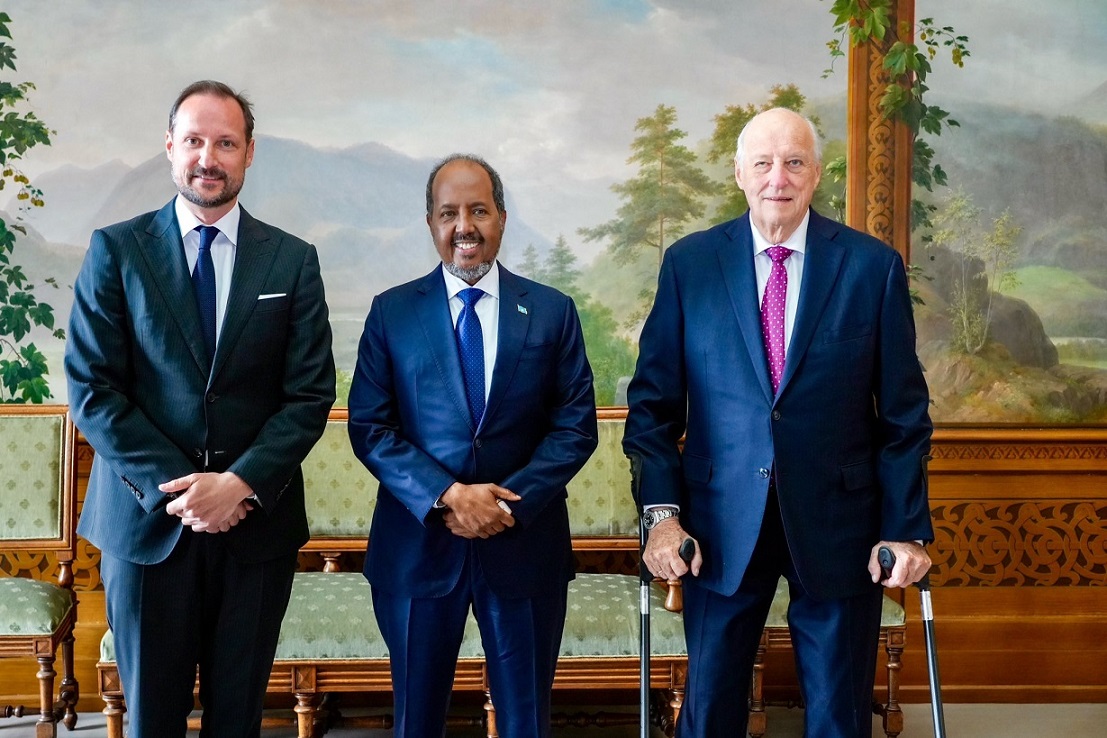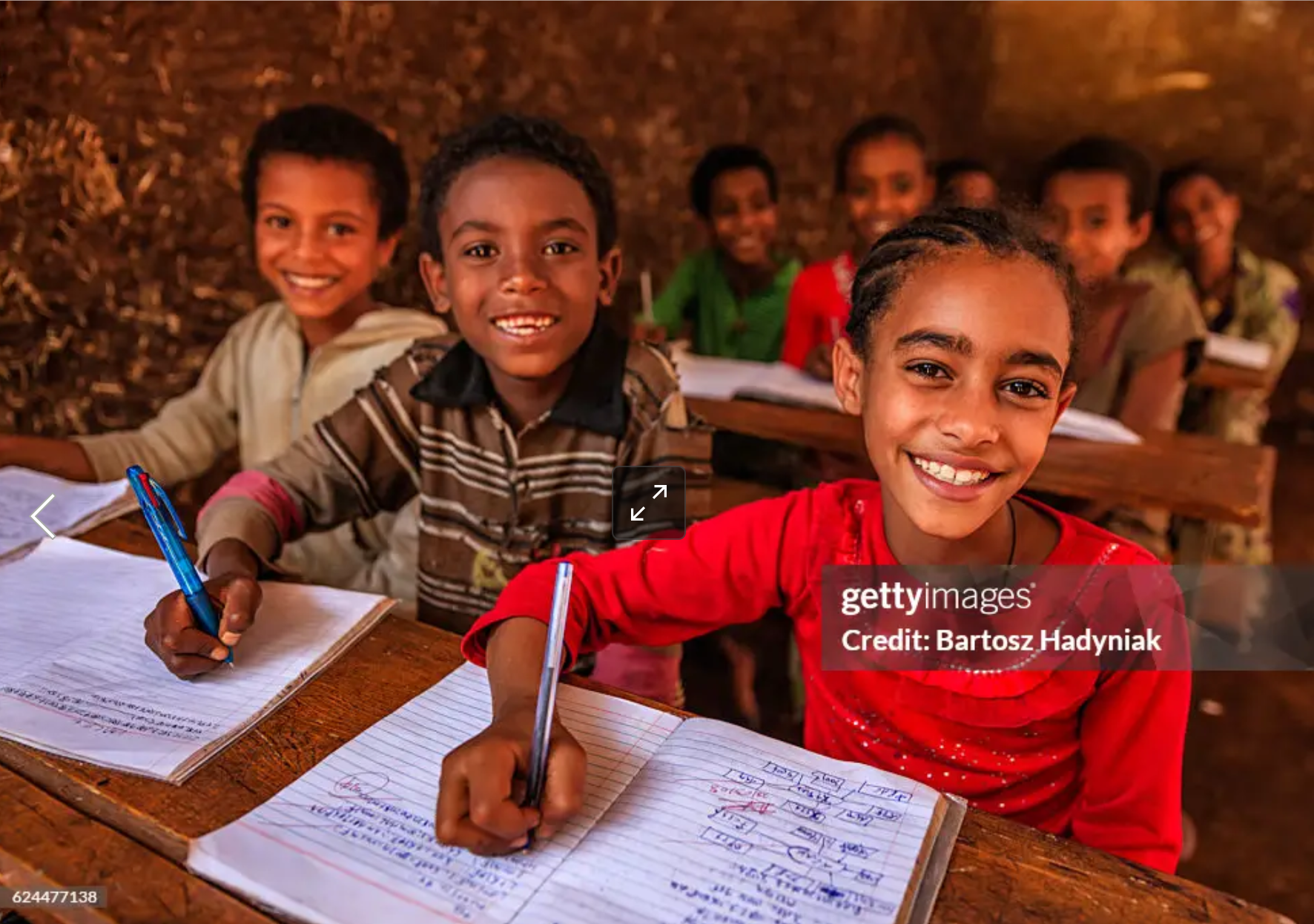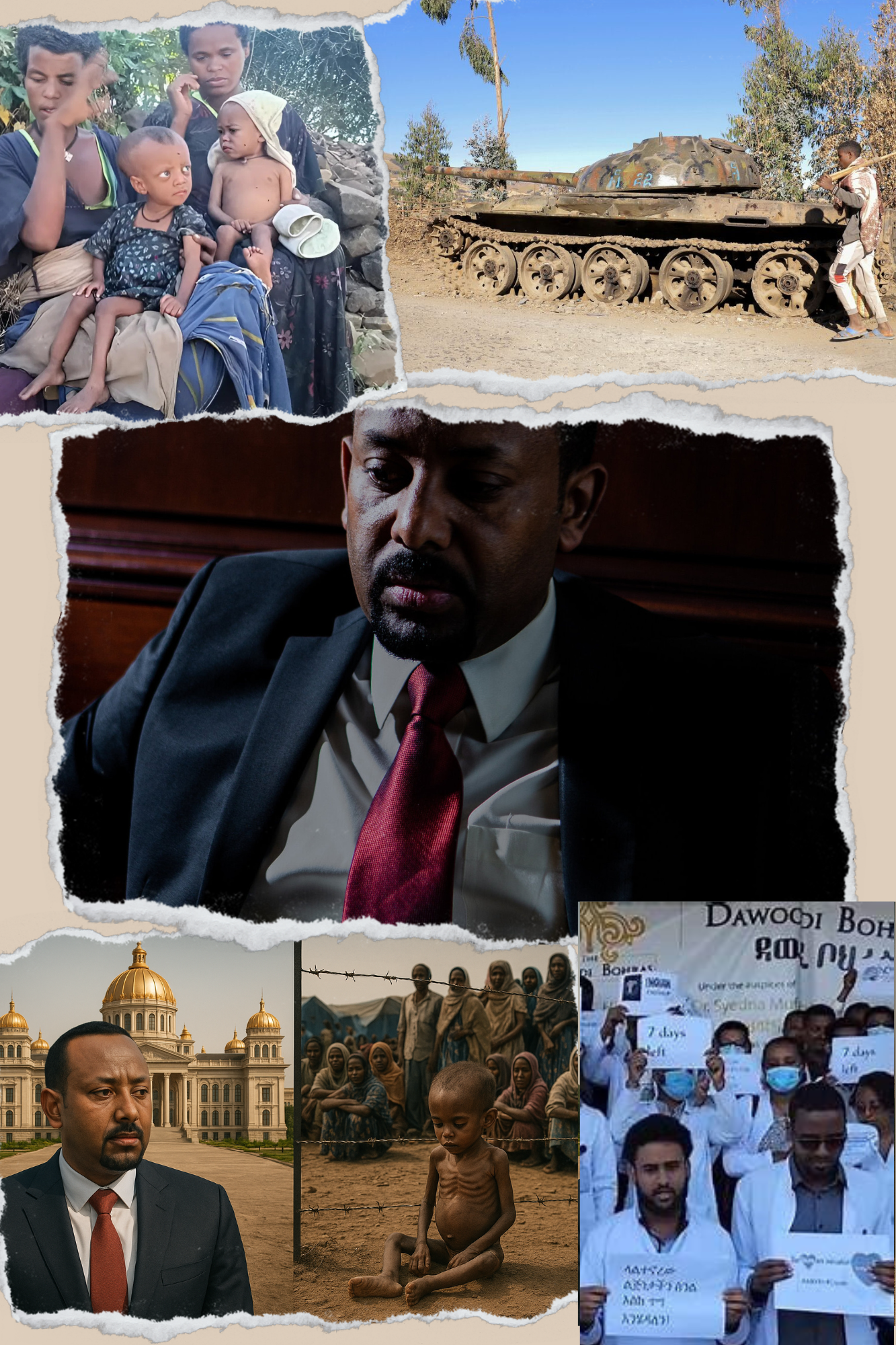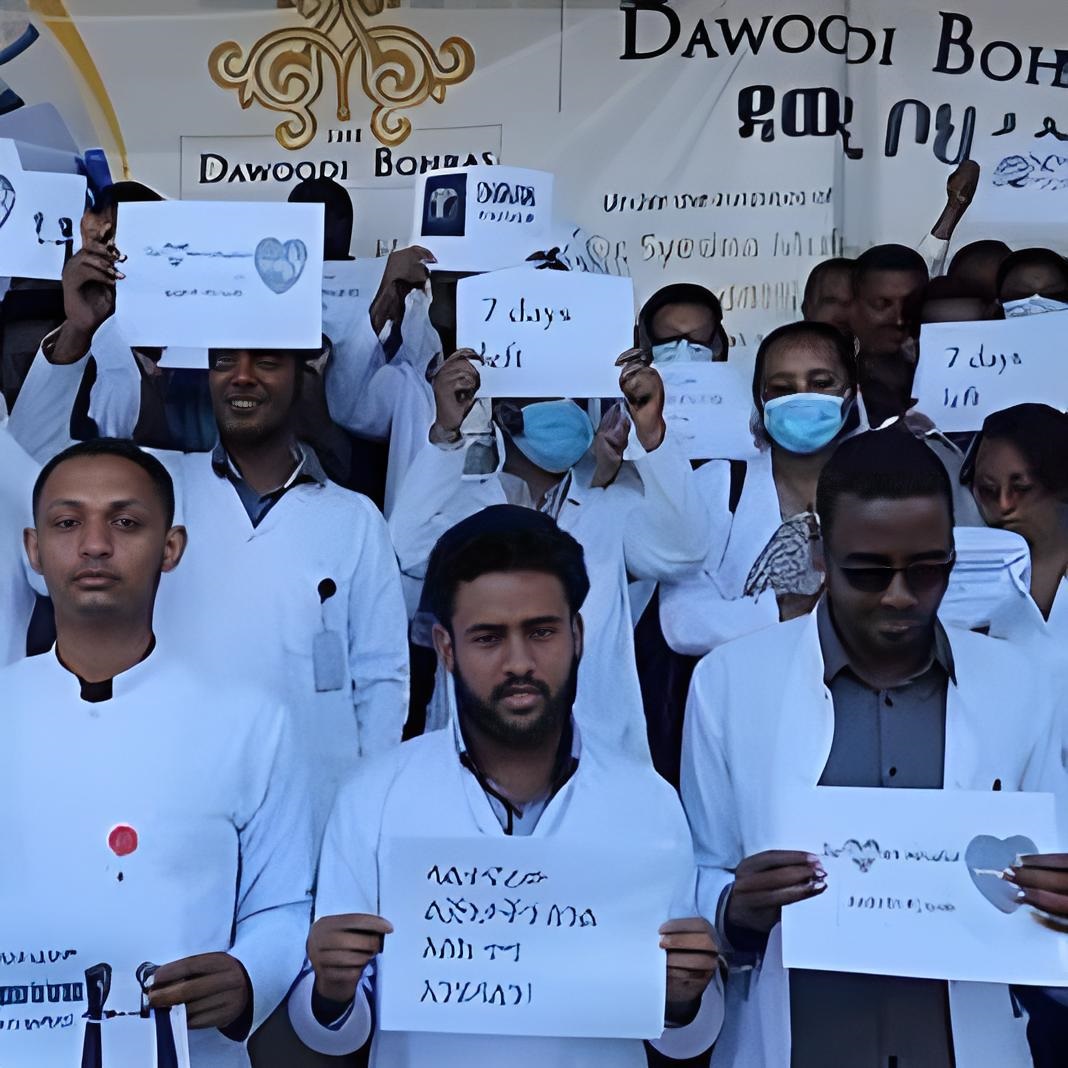Somalia Government -Al-Shabaab dialogue push a change in tide against fighting insurgency .

At the Oslo Forum 2024 in Norway on 13th June, Somalia President Hassan Sheikh Mohamud expressed the Countries intend and willingness to negotiate with the Al-Shabaab terror group. The statements have opened a fresh twist in the unending battle against the Al-Qaida affiliated Militia group.

delivered keynote remarks at the Oslo Forum 2024, which brought together leaders, conflict mediators, and other actors under the theme of “Mediation against all odds”
In a forum themed “Mediation Against All Odds.”, President Hassan said; “We believe the end game with Al-Shabaab is through negotiation. When is when they’re ready. The Somali government is ready, yesterday, the day before yesterday.” While those sentiments may seem to have dealt a blow to the existing Military intervention by the African union forces under the ATMIS initially AMISOM, it lays bare what has been viewed as a long-time plan into ultimately ending the years of war against the Somalia insurgents.
Hassan Sheikh Mohamud
The Dialogue with Al-Shabaab strong views by the Somali President coming at a time when the United Nations General Assembly on June 62024 elected Somalia to the 15-member U.N. Security Council for a two-year term starting in 2025.The Horn of Africa nation embroiled in a war turmoil pitting foreign forces & Mogadishu against the Al-Shabaab insurgents was among five countries that received the winning votes, alongside Denmark, Greece, Pakistan, and Panama. For the first time in more than 50 years, Somalia will have a vote on decisions regarding world conflicts.
Is President Hassan’s Dialogue remarks an already made decision?
In June 2022 high-ranking Top Al-Shabaab leader Sheikh Mahad Warsame alias “Karate” on the prospect of dialogue stated “anyone whom the Sharia allows us, we will negotiate with, when the time is right”. This being a significant twist from earlier assertions of Al-Shabaab’s Dialogue rejection.
While the group has continuously and publicly rejected dialogue for the view that it is a tactic by the Somalia Government to weaken & divide them, sources within the Groups circle including key leaders have expressed previous statements of considering talks as an option.
Despite being grounded on ardent ideologies, Al-Shabaab is also motivated by the vision of attaining power in Somalia. For 15 years the fight against Al-Shabaab has been seen to be a stalemate. The militants despite a combined counter insurgency by Somali and international forces have defied and still persist to push foreign troops out of Somalia. Al-Shabaab has been playing tactical warfare in a bid to try and collapse the Somali federal Government.
Remarks by President Hassan sheik Mahamoud however raises a rhetoric on whether there is any external force pushing for a dialogue. Al-Shabaab through its proxies have been invading Government controlled regions while looking forward into what would be a Taliban replica if foreign forces exit.
At the end of 2024 the ATMIS forces led by the Kenya Defense forces are expected to leave Somalia if no extension is agreed upon under the African union peace mission. Drawdown to exit Somalia way begun, depicting what would be fading patience of foreign support to the Somali Government. Mogadishu now pushing for an intra Somali dialogue prospect into perhaps the left solution in ending the years of insurgency war.
Previously through direct statements by its top leaders Al-Shabaab has given political demands if at all dialogue is something that would happen which have appeared to be quite far-reaching. The insurgencies have unswervingly called on the withdrawal of foreign forces while also demanding a general amnesty for its members.
However, Division and dysfunction in the ruling Somali federal government has allowed Al-Shabaab to embed themselves deep in the society making it a bigger task to defeat them Militarily.
At the height of the 2021/22 politics in Somalia, Al-Shabaab took a center stage to cement their position inside areas purported controlled by government. The Government of then president Mohamed Farmajo directed resources into politics instead of fighting al-Shabaab, opening up for the group to penetrate new areas in what now seems to have backslid the federal government.
When Current President Hassan Mohamud came to power, he promised a spirited hunt for Somali unity and peace. He vowed an increased counter insurgency against Al-Shabaab something that analysts now see difficult. This being a result of the administration in Mogadishu that in the 2021/22 political season paid less attention to curtailing Al-Shabaab’s activities. With African union forces drawdown coming close at the end of 2024, the key questions are if indeed Mogadishu can dare fight back on its own without backing of foreign forces.
Al-Shabaab’s holds a different position from that of the Taliban in Afghanistan. Despite the feeling that they can endure the government, the over 15 years war has definitely caused visible fatigue among the Al-Shabaab due to combat and attacks. President Hassan’s assertion of a dialogue could be a piling pressure by Al-Shabaab so as to relieve them off foreign attacks. The group might also be viewing a weak moment for the Somali government if ATMIS forces withdraw hence pushing dialogue as a way to victory. This however is not guaranteed will work in their favor.
While it is clear that Africa union ATMIS forces have gripped the major cities from the Militants, after years of battle, little now suggests that the militants can be defeated militarily with President Hassan’s statement seen as a considerable alternative approach into attaining a truce with the Al-Shabaab. While giving little chance to dialogue then this would open an opportunity for the forces in Somalia to stage some tactical Military approach in weakening the group.
A 2022 report by the crisis group that was based on more than 150 interviews, mostly conducted in 2021 and early 2022 indicated that Al-Shabaab’s urban infiltration dramatically increased under the administration of former President “Farmajo”. The infiltration said to have been fueled by several factors one being massive recruitment of perceived Al-Shabaab defectors to government bodies like the National Intelligence and Security Agency (NISA).
The report states that; Al-Shabaab’s strategy are to preserve itself by avoiding direct military combat, to maintain dominance in rural south-central Somalia and, increasingly, to penetrate cities and towns nominally under government control. The group rarely engages in large battles but dictates the conflict’s pace by undertaking smaller ambushes at locations of its own choosing. AMISOM, now re-hatted as the African Union Transitional Mission in Somalia (ATMIS), meanwhile, has for years adopted a more defensive posture and rarely launches major offensives.
Combined with a Somali security sector that is still developing in the midst of war, these factors have put Al-Shabaab in a comfortable position. With overstretched Somali and partner forces crouched down in urban locales, Al-Shabaab has secured a firm foothold in the rural areas in which it operates.” Tells the report. Perhaps a key factor that has put the group actively defiant in years of war.
While it may seem, a Somali Government fueled means of resolving the over decade war against the Insurgency, the pressure has been mounting on whether Somalia Federal Government can be able on its own continue pushing the Al-Shabaab backwards. The statement by President Hassan Mahamud expresses a long Fatigue of what seems unending war. While the Somali federal Government has openly tabled a quest and desire for Dialogue the Al-Shabaab maybe pushed to pursue a win-win situation as the ATMIS forces drawdown for an eventual exit.
EAR Editorial Note : This is the author’s viewpoint and Views in the article do not necessarily reflect the views of EAR




